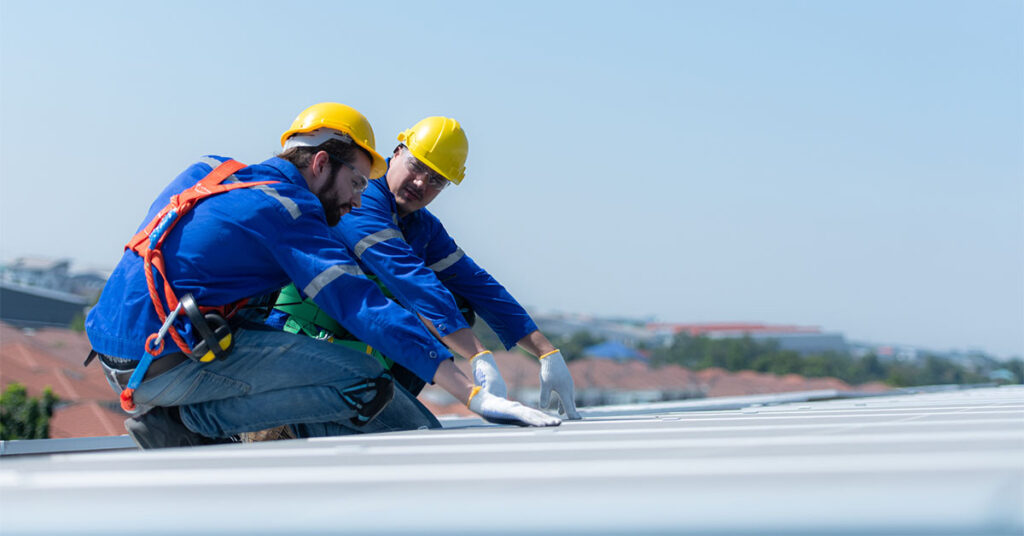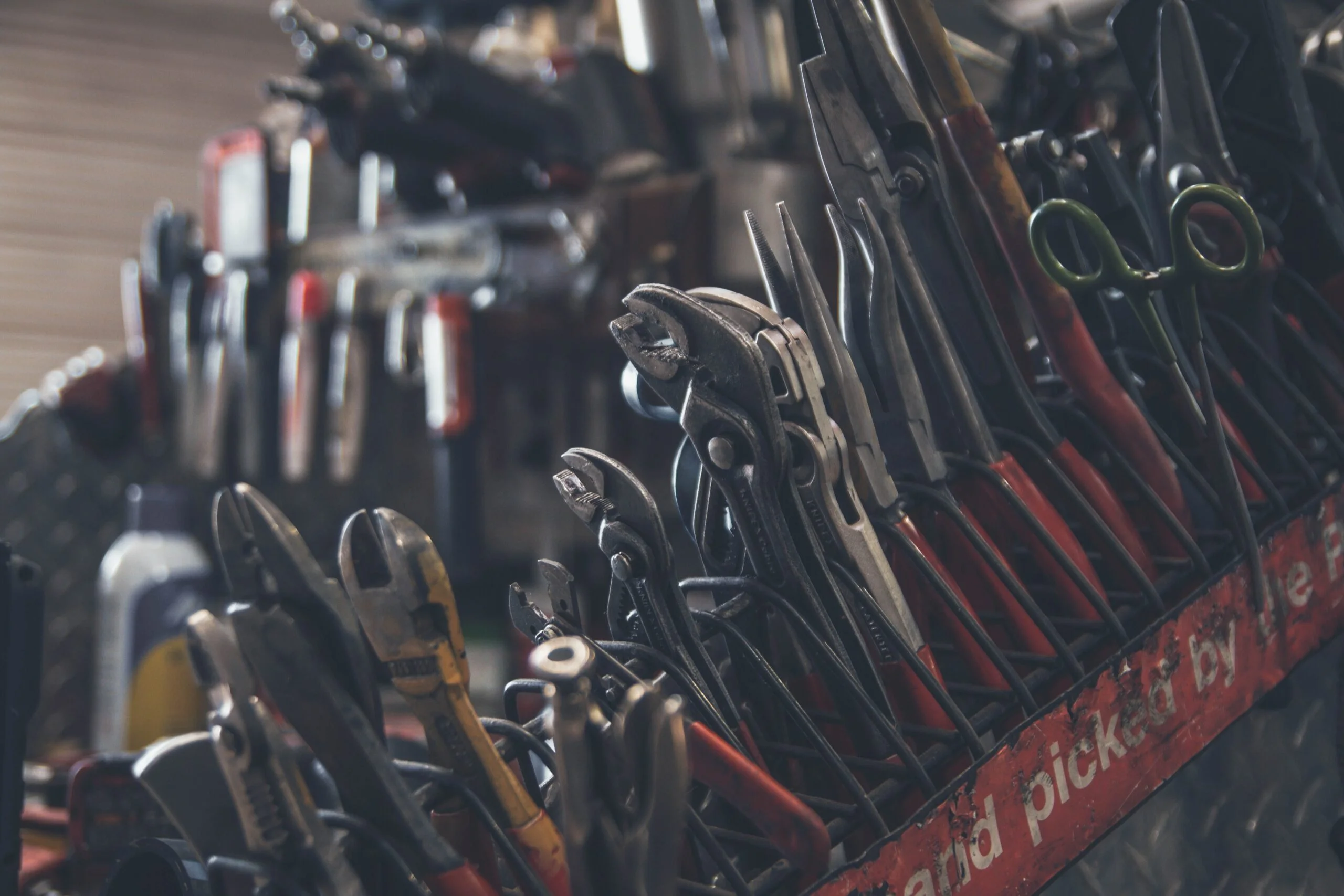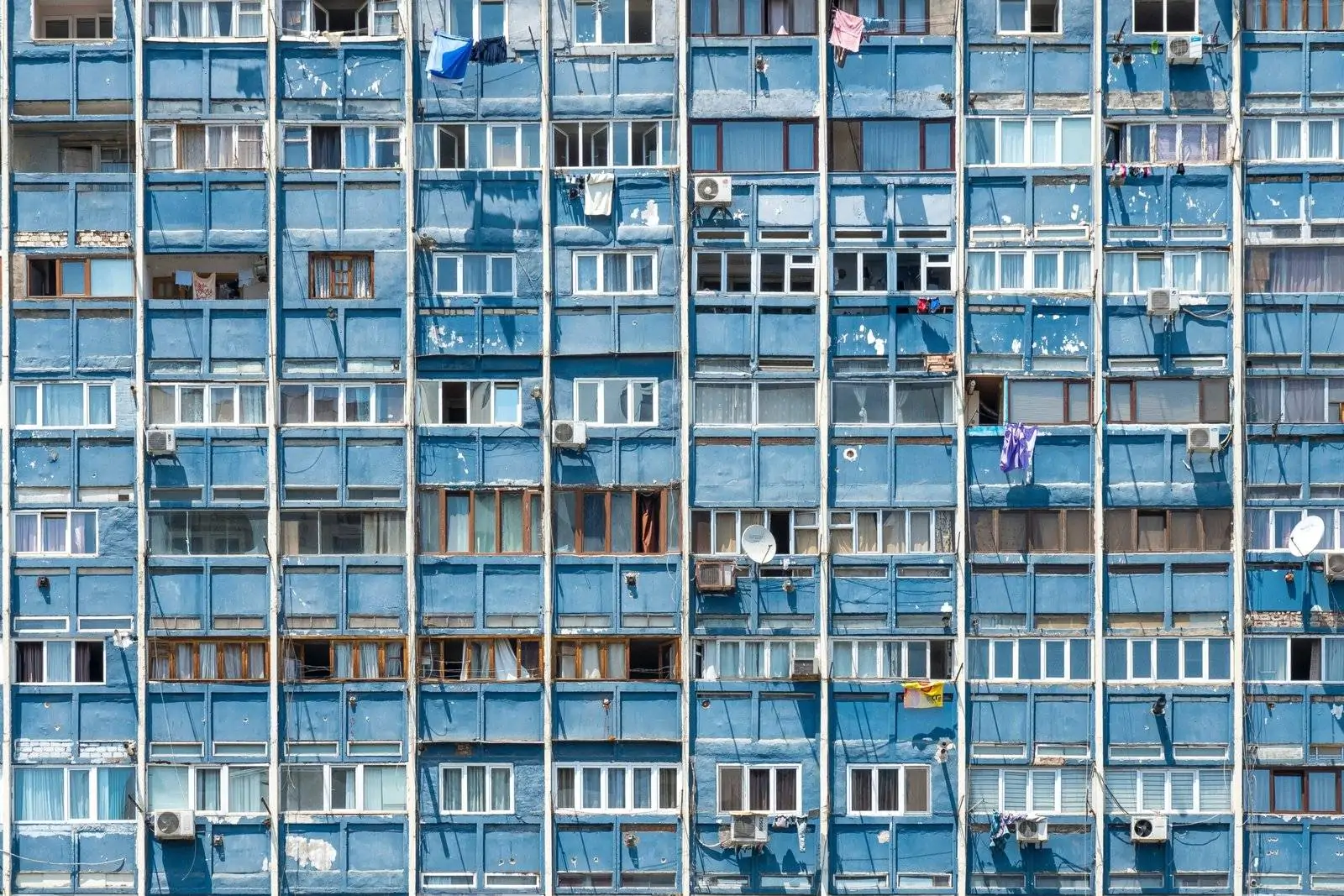Summers in Dallas, Texas, can be scorching, and storms can be unpredictable, which makes roof integrity an essential part of home protection. Having a sturdy roof shields you from the relentless Texas sun, heavy downpours, and hailstorms. But how often should you have your roof inspected to ensure it remains a steadfast protector?
It’s more than just a passing thought; it’s a proactive step to protect you and your family. Find out how roof inspections provide insight into your home’s longevity and maintenance in Dallas, Texas.
Importance of Roof Inspections
When it comes to weather extremes, the roof is your home’s first line of defense against the elements. Your roof needs regular inspections to identify potential problems before they escalate into costly ones. A routine inspection can help Dallas homeowners:
Detect Early Signs of Damage
The harsh climate in Dallas, with its intensive heat, heavy rains, and occasional severe storms, can be challenging on roof materials. Inspecting regularly prevents minor problems from developing into significant issues, such as cracked shingles, damaged flashing, and weakened seals.
Extend the Lifespan of the Roof
Without proper maintenance, Dallas’s weather patterns can shorten the lifespan of your roof. Regular inspections and proactive maintenance can extend its longevity by addressing issues promptly.
Protect the Interior of Your Home
A leaky roof can lead to water damage, mold growth, and compromised structural integrity within your home. By catching potential leaks early through inspections, you can prevent costly repairs to your home’s interior and safeguard your family’s health and comfort.
Factors Influencing Inspection Frequency
Several factors influence the optimal frequency of roof inspections in Dallas, Texas, where the weather changes drastically throughout the year. The following factors can help homeowners decide when to schedule these essential maintenance checks:
Climate Considerations
Dallas’s dynamic climate, with scorching summers, hailstorms, and strong winds, makes roofs vulnerable. Therefore, regular inspections are crucial for detecting and addressing weather-related damage in a timely manner.
When severe weather events occur, such as hailstorms or windstorms, it’s wise to schedule inspections to assess potential damage. Additionally, scheduling inspections before and after the rainy season and after periods of extreme heat will help prevent any developing problems from worsening over time.
Roof Age
The age of a roof is a critical factor in determining the frequency of inspections. As roofs age, they become more susceptible to wear and tear and may need more frequent inspections to maintain their integrity.
For roofs aged 10 years or more, it’s recommended to schedule inspections at least twice a year. Early detection of deterioration allows for timely repairs to prolong the roof’s lifespan and prevent more extensive damage.
Type of Roofing Material
The type of roofing material used can also influence the frequency of inspections required. Different materials have varying levels of durability and maintenance needs. Asphalt shingles, which are common in Dallas, typically need inspections every 1-2 years to make sure they’re adequately sealed.
While tile and metal roofs are more durable, they still need regular inspections to catch loose tiles or corrosion. Identifying and addressing potential problems in a timely manner is essential to maintaining the roof’s effectiveness in protecting a home.
Recommended Inspection Schedule
Dallas homeowners should establish a recommended inspection schedule in order to maintain the condition and longevity of their roofs. By following a proactive inspection regimen, potential problems can be identified early, minimizing costs and protecting the home. Below is a breakdown of the recommended inspection schedule tailored to Dallas’s climate and roofing needs:
Annual Inspections
Annual roof inspections are essential for all Dallas homeowners, regardless of the age or type of roofing material. A skilled roofing professional should conduct these comprehensive inspections, which usually include a thorough assessment of the roof’s condition, identifying any damage or deterioration, and making recommendations. Annual roof inspections help prolong the roof’s lifespan and prevent more extensive damage over time by addressing issues promptly.
Seasonal Considerations
Dallas homeowners should also schedule inspections at strategic times throughout the year to coincide with seasonal changes and weather patterns. Inspections before the rainy season can help identify and address any potential leaks or water damage before they become more serious. Similarly, scheduling inspections after extreme heat or severe weather events, like hailstorms or windstorms, allows for prompt detection and repair of any damage.
Additional Inspections
Additional inspections may be necessary to address specific concerns or conditions affecting the roof. You should schedule an inspection if your home has experienced severe weather, such as a hailstorm or windstorm. You should schedule a prompt inspection if you notice any signs of damage or deterioration between scheduled inspections, such as missing or damaged shingles, sagging areas, or signs of water intrusion.
Homeowners in Dallas can proactively maintain the condition of their roofs, identify and address potential issues early, and ensure continued protection against the elements. Preserving the integrity and longevity of your roof with regular inspections is the best way to safeguard your home.
Read More: How To Hire A Roofing Contractor
The Takeaway
Roof inspections are essential for Dallas homeowners to protect their homes from the unpredictable Texas climate. Keeping a proactive inspection schedule, including annual inspections and strategic assessments after severe weather, can help homeowners spot and address potential problems early, minimizing the risk of costly repairs. You should invest in routine roof inspections not only to preserve the integrity of your roof but also to ensure the safety and comfort of your family for years to come.


